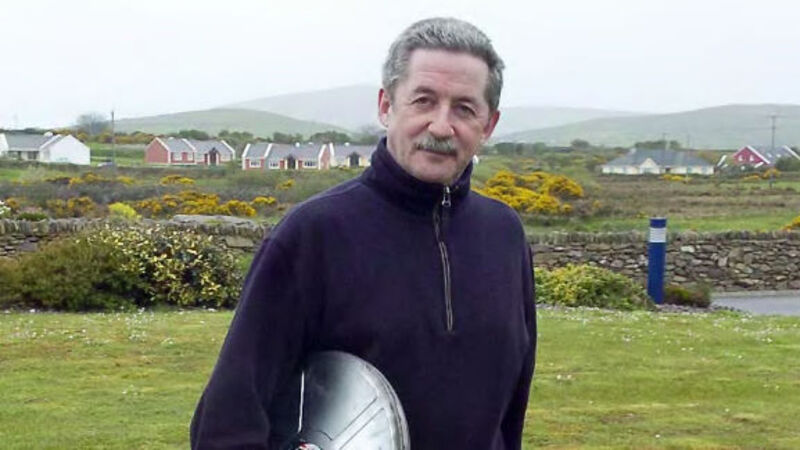The King of folk leads Scullion in a musical celebration

PHILIP King stands outside London’s Royal Albert Hall, lost in thought.
The musician turned TV producer is reflecting on the past — specifically the musical education he received at University College Cork in the early 1970s. With his folk band, Scullion, playing a headline show in the city tonight, this period of his life has been much in his mind. It was hugely influential in shaping him as an artist and as a film-maker. He owes much of his musical outlook to his years in Cork.











